|
Earlier, I wrote an end of the year post on three artists I loved. (three-artists-that-helped-me-in-2021.html) This year, I wanted to post three people who inspired me in 2023. In looking for a common theme, it's pretty easy to see the commonality: All of these people are building something. The drive, energy, and resilience that these people show is truly remarkable.
Links: Brisbane Music Festival (Alex)
https://alexraineri.com/ Bad Faith Podcast (Briahna) Bad FaithYouTube · Bad Faith100.7K+ followers Megan Ihnen https://meganihnen.com/
0 Comments
I performed at the Adelaide Fringe Festival last week and did a lot of video. I hope you enjoy this performance of an improvised soundscape. I was really proud of it! I just gave a talk at the Boston New Music Initiative, and wrote some thoughts on starting out electronic music making here. Are you subscribed to my YouTube channel? If you like what I do, I'd appreciate your subscription. This is one of the best pieces I do, and I'm so excited to share it just in time for my shows at The Adelaide Fringe Festival. YouTube is a major part of how I communicate with audiences and fans. It would mean a lot to me if you subscribed! NO I'm not switching to Eb Horn, but I thought you all might like hearing First Takes #4 on Eb Tenor Horn!
The work, "Perhaps Bears" is out now! This is one of my favorite pieces, was on the show, "Brian KM Live!" and was my first collaboration with another artist. I worked with Claudia Minor Troyer to bring a voice to the piece. I wrote most of the music at the start, and then worked with her to add music, edit the language, and eventual add her voice acting performance to the work. I am so proud of the result, and I want you all to have an opportunity to hear from more than just me, especially with this piece, so I asked Claudia to answer a few questions about her role in the piece.
Claudia Minor Troyer is a Brooklyn-based actor, writer, and musician with a passion for exploring the magic of collaborative storytelling. Raised by the Blue Ridge Mountains and forged in the fires of NYC, Claudia takes inspiration from both environments and feels equally at home in the depths of the wilderness and the heart of the city. Other interests include bikepacking, climbing things, archaic poetic forms, and raucous folk jams. Want to hear the piece? Click on the player below, or search for Brian KM on Spotify/Apple Music.
Can you describe the main character in “Perhaps Bears”? Who is she, where is she, and who is she talking to?
She's a young woman, about nineteen or so, who has recently begun going on longer and longer solo backpacking trips. She revels in the inspiration and self-confidence she gains from these excursions, though she's still pretty new to hiking and camping alone and sometimes gets anxious, especially at night. I imagine her having this conversation in her mind as she's driving or riding the train back from the trailhead. You know the way we mentally rehearse the stories we're excited to share with others, particularly stories about experiences we had while totally alone? We often write these stories in our brains, half in images, half in elevated, flowery language that's a good deal more formal and poetic than our regular way of speaking. So she's imagining sharing her journey with the people she's close to--her best friend, her parents, maybe a sibling--but she's also talking to herself, reliving the experience of being out in the wilderness and drawing new conclusions about what it made her feel, what she learned and discovered out there. When you are writing lines that you will eventually perform as an actress, do you have any special considerations? How does the writing (or acting) change? I developed a habit while working on this project of reading every thought aloud immediately after typing it. A sentence that looks great on paper might sound ridiculous when spoken, and it's impossible to tell for sure without trying it! There were definitely a number of rewrites based solely on how smoothly or stumblingly a particular phrase rolled off my tongue. I've used a similar process in the past when writing plays, but I think since I knew I was writing this script specifically to perform myself, I took a freer rein in ensuring the lines and the language flowed naturally for me. How about working with music? Does writing become more difficult when attempting to pair it with music that has already been written? I've never undertaken a project quite like this one before, and I think I did have trouble at first figuring out how to approach it. I'd sit down, press "play," listen to a few bars of music, and slowly realize I was trying to force myself to feel a particular way or imagine a particular scene. There was definitely a part of me that was like, "This wild, gripping auditory journey already gets its story across so effectively; what could my voice possibly add to it?" So after a few attempts in that vein, I tried a completely different approach: I sat down and visualized the first solo backpacking trip I ever took, the first experience I had of being alone in a tent at night. I remembered how the sounds of the forest and my overactive imagination blended together into this phantasmagorical cocktail of possibilities both terrifying and exhilarating. Once I had a pretty clear reconstruction of how that felt--the simultaneous wonder and trepidation that comes with being fully immersed in the wilderness while also feeling like a total intruder--I pressed "play" again, and the words just started flowing. Brian even ended up writing a whole new intro for the piece based on the opening lines of dialogue I came up with. It was such a delight to discover how the music and writing were able to inform and influence each other. Do you have a favorite line? My favorite line is "Bears have their own agendas." The resolution to the narrator's internal conflict (and the balm for her anxiety) is contained within that one realization, in just those five words, which I think is neat. Simplicity is underrated! It also kinda makes me imagine the bears suddenly bustling around with briefcases and dapper hats, frowning down at their day planners while trying to decide if they have time for a coffee break before the next meeting. Is there anything unasked that you’d like to say about this work? This was such a unique, challenging, energizing, and rewarding project, and I'm thrilled to have been a part of it and with the way the piece turned out! Thanks for collaborating, Brian! Here's what I'm thinking about last year's tour and 2023. "That was great- do it again!" Here's a simple video diary if you were ever curious about what I'm thinking when I make plans for what's happened and what's coming next. Expect from me: 1. More videos here on YouTube 2. More music 3. Some travel announcements. UP FRONT POINT: I wrote this a long time ago, and delayed posting until now so it wasn't clear what venue I was talking about when I posted this. Enjoy!
My job has a lot of small parts, but it all pretty much boils down to two main parts:
There can be a lot of moving parts with step two. I manage my own social media, produce every bit of content that you see from me, including youtube videos, music releases, email list notes, this blog post, instagram images, reels, and more. I have meetings with potential venue contacts to host the show, college professors who might want to have me visit their campus, and other musicians so we can share knowledge. I use a journal, a calendar, and some apps to keep it all together. It works pretty well, and most of the time, there aren't a ton of problems. Yesterday, though, all it felt like I did was catch mistakes that I had made in the past. I found:
I was able to fix a few of them, and a few of them are a bit too late to fix (sorry performing arts center in Chicago who I didn't spell correctly!) What a mess, and I left the coffee shop with a big face palm. Oh well. I miss notes sometimes also. If anyone would like a perfect performance, I would kindly refer them to Stan the computer. He does great. I have premiered many works over my career as a soloist and as a ensemble player. Performing brand new music is a skill set apart from normal horn playing skill sets, as there is no performance history for the new piece! This generates a great opportunity to play beyond the notes and bring a piece to life. If the premiere is recorded, your decisions will likely influence every performance of the piece from that point forward. It’s a huge responsibility! From my recent residency with the University of Hawaii, I thought of these tips for performing brand new works. 1: Maintain an Open MindThere really haven’t been many times that I’ve received music for a new work and thought “Gee, this is really great!” There is a reason that that new music hasn’t been written yet, and it’s mostly because there is some difference from the norm. We naturally often don’t like that. Spend a few days with the piece before running back to the composer with questions and try to marinate on what’s been written. Work on a few passages and put them together. I’ve always found that pieces grow on me a whole lot with familiarity. 2: Find Opportunities for Musical MomentsA new piece of music with no recording can be awfully daunting. The entire work could be quite difficult for a variety of reasons- it could be challenging technically, harmonically, or in form. I’ve never found a piece of music that doesn’t have at least a few moments that are very clear in how they speak to you. Identify those moments and ask yourself how to sell that moment best. Then, ask how to set up those moments for success in the music before and after. 3: Don't Settle for Directionless PlayingMy editions of Mozart horn concertos have very few dynamics or articulation markings- back in the day, players weren’t told exactly how to play each note! That doesn’t mean that brilliant recordings of Mozart are flat and directionless, without gesture and flare. If a composer hasn’t given you a lot to work with in terms of instruction (dynamics, articulation, phrase…), it remains your responsibility to bring that work to life. Add! I’ve never met a composer who didn’t love that I was doing something. Plenty don’t always like the direction, and will ask you for something different, but music is a team sport. 4: Communicate, But Don't GrovelOn the topic of music being a team sport, talk. I love sending videos to composers of my playing, meeting with them, and asking them questions. Learning more about the composer’s thoughts and attitudes will help inform your decision making. At the risk of offending the composers reading this, I’ve found some of them to be a bit shy, and occasionally withhold information. I gave a performance of a piece, where the composer came up to me and THEN told me a beautiful story about a couple that had inspired them to write the piece. Had I known, I would have been able to much more easily inform my performance! Tell the composer what you’re doing and be an active participant in the creation of the music. It’s just paper until you play it. 5: The Music Isn’t EnoughI’m going to write a whole post on this someday. From my talking with singers, I’ve come to believe that just the music isn’t enough. We have a lot of tools to emote with, including positioning, posture, and expression. If you’re doing new music premieres, you must strive to master the music enough so you can pull back beyond the notes and be able to globally emote and act with the piece. There are plenty of exceptions to this, but the general mindset stands. I am a huge fan of working with new composers and if you have a new piece in mind for horn and electronics, I’d love to work with you! If you’d like to learn more about writing for Brian KM horn and live electronics, please head on over to my “Writing for Brian KM Page”- I can’t wait to hear from you!
Hey everybody! I said on a podcast once that the worst feeling in the world is not knowing what to do. With that in mind, I work pretty hard to make sure that all the folks listening to my music or reading my content know what to do, and how to support me, if they want. I end nearly every blog with an ask, and at some point in my show I explain to the audience how to support me beyond attending the show. So, please, listen to my music! Buy the download, share it with your friends if you think it's great, and interact with it on Spotify or Apple Music. But don't go to Amazon- you won't find my music there.Why? Because it's one thing I can do. I think Amazon is a bad company that's hurting a lot of people. Are there other companies that are doing shady and bad things? Sure! But if I left google (Youtube and gmail), Meta (Facebook and Instagram), and Apple (Stan), I wouldn't be able to put music in front of all of you. I do what I can, and I've drawn a line at Amazon.
Amazon abuses its workers. Amazon violates the spirit of intellectual property and steals products. Amazon harms poorer cities. Amazon uses crappy racist union busting tactics to maintain their power. Amazon is blatantly abusive of privacy norms and laws. Is it super convenient to have products arrive at my door? Of course. But it doesn't happen at my house very much anymore, and you won't find my music on Amazon. Maybe try BandCamp or Spotify? I'm really excited to share my music with you! I'm on instagram, so please follow me there but you can also subscribe to my email list or find my music directly at BandCamp! |
Topics |
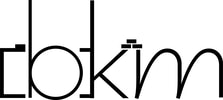
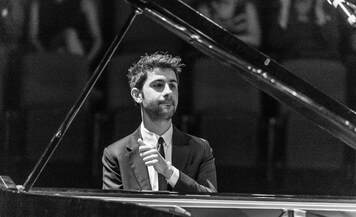

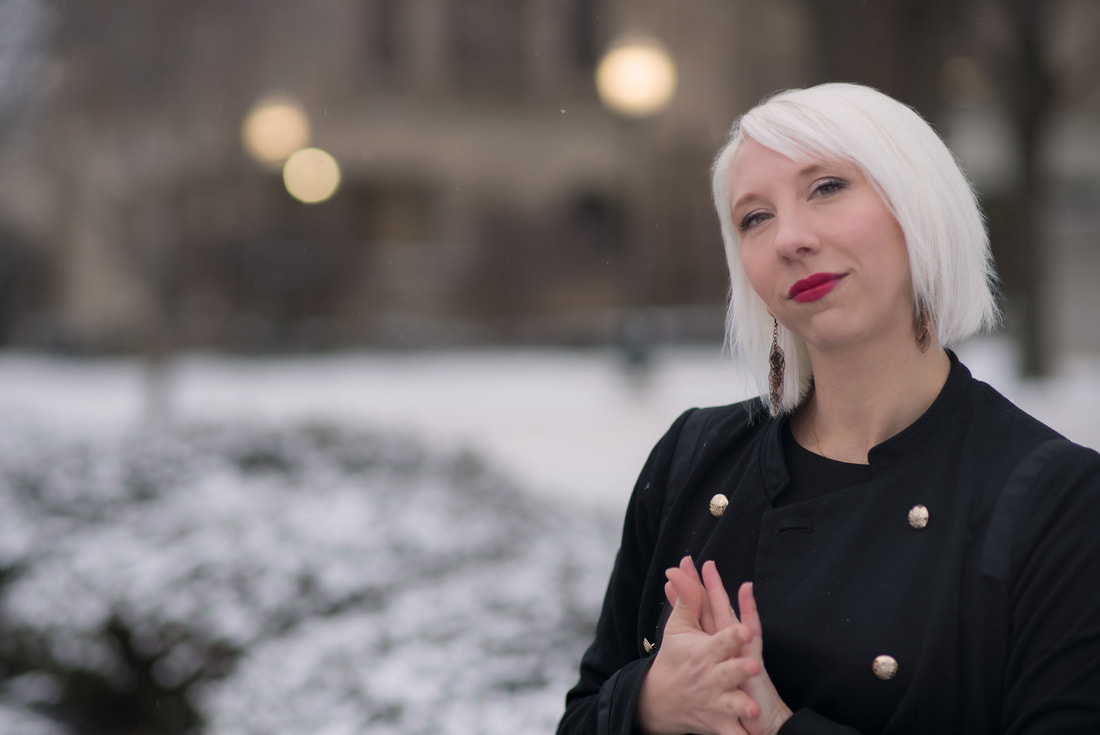
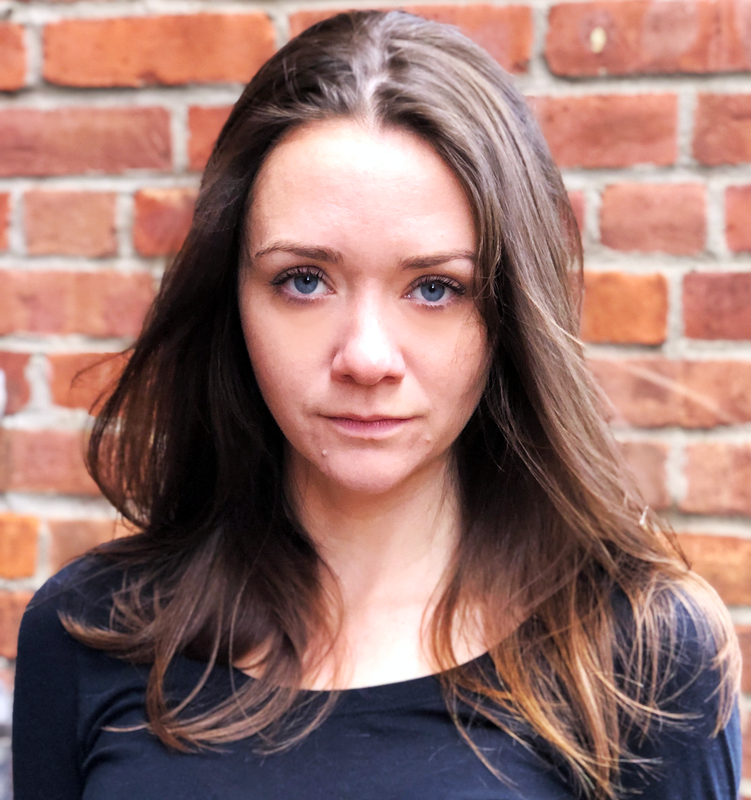
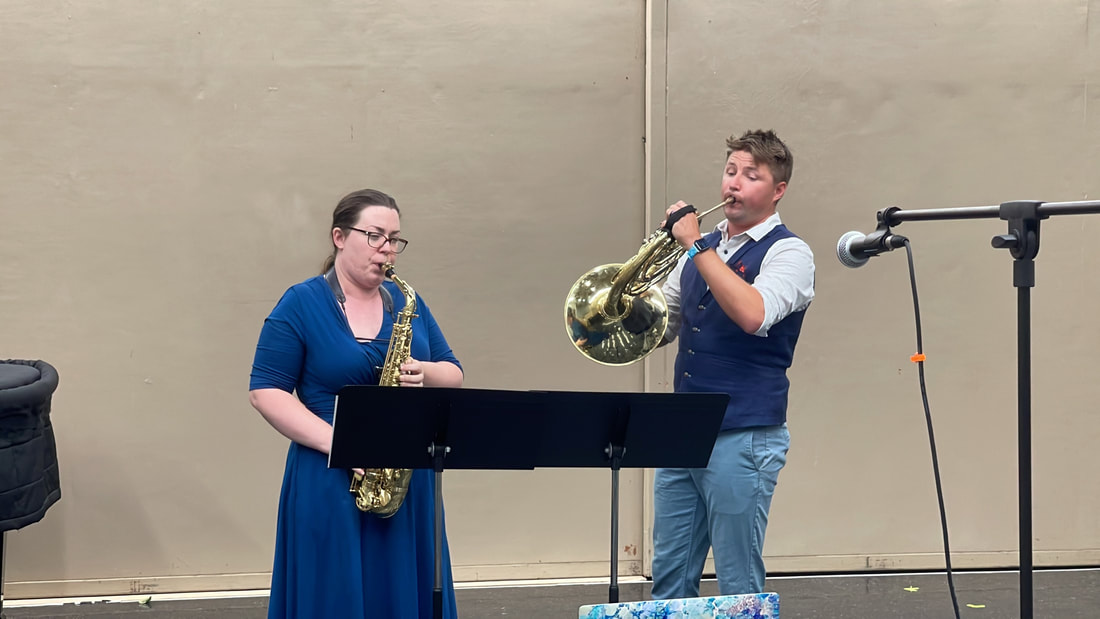
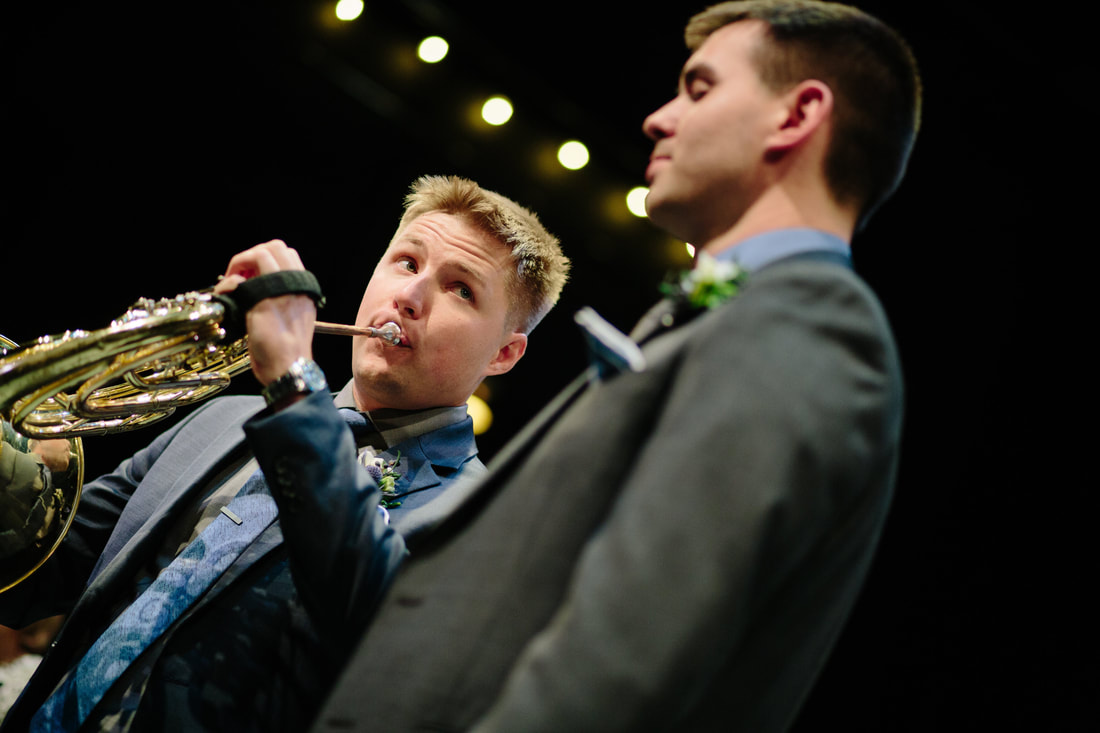
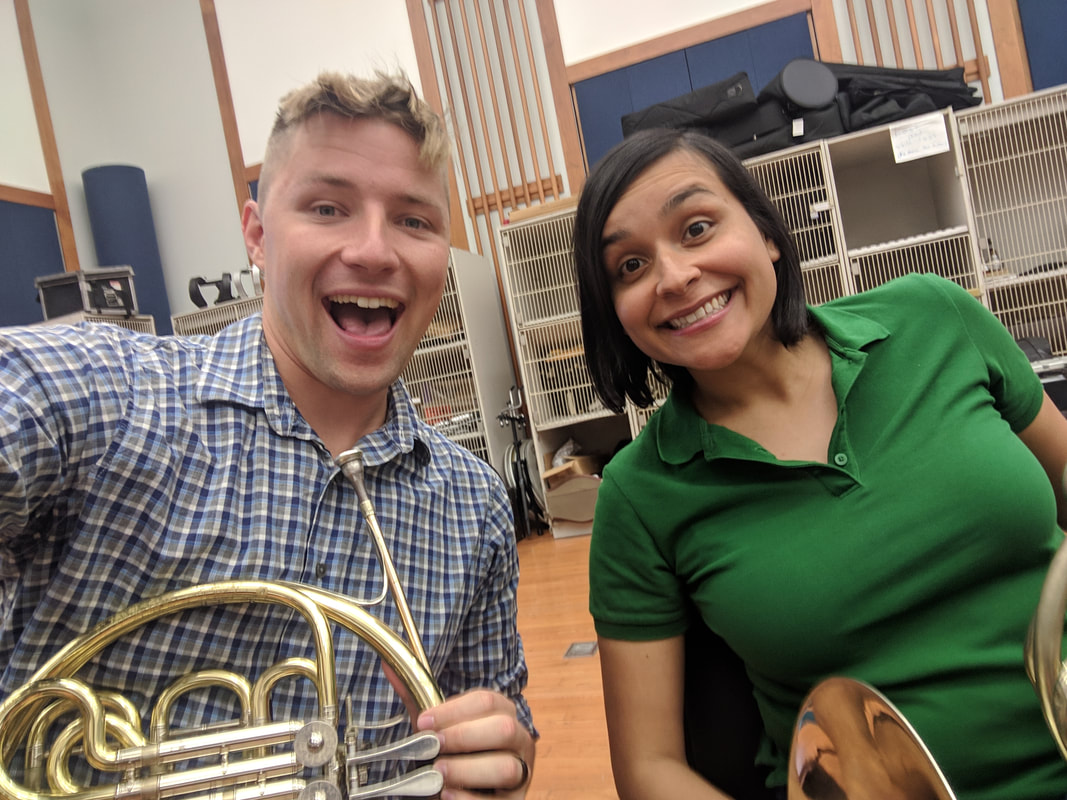
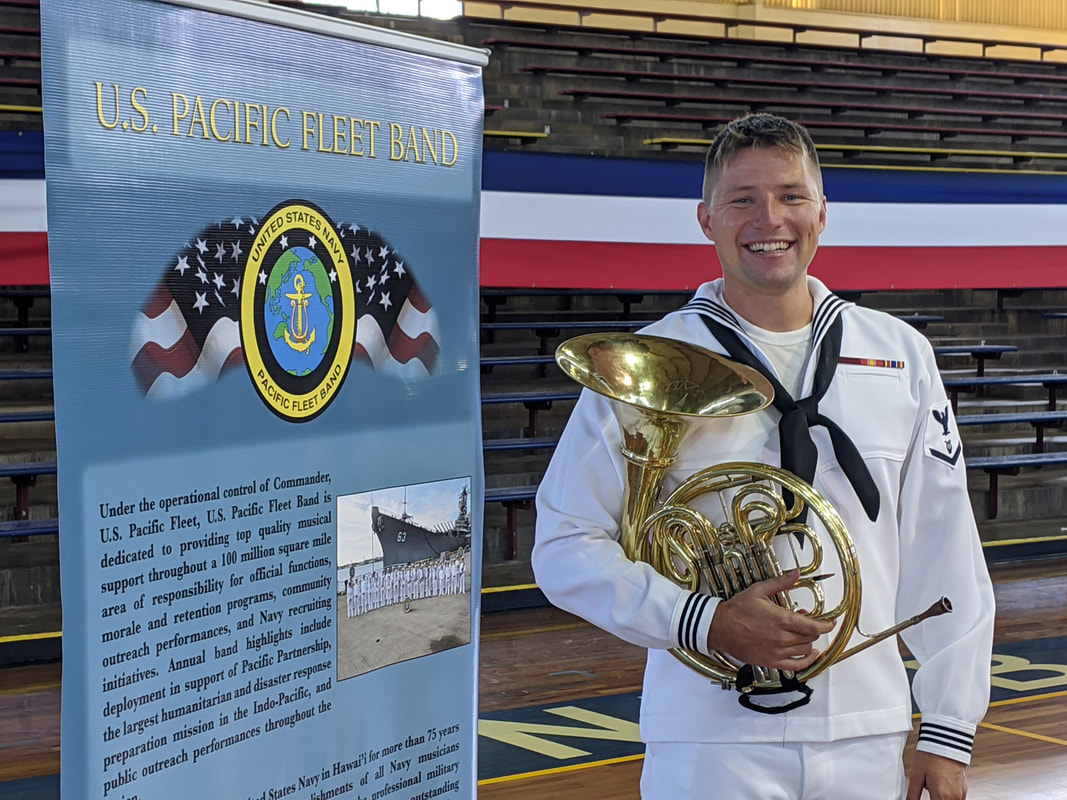
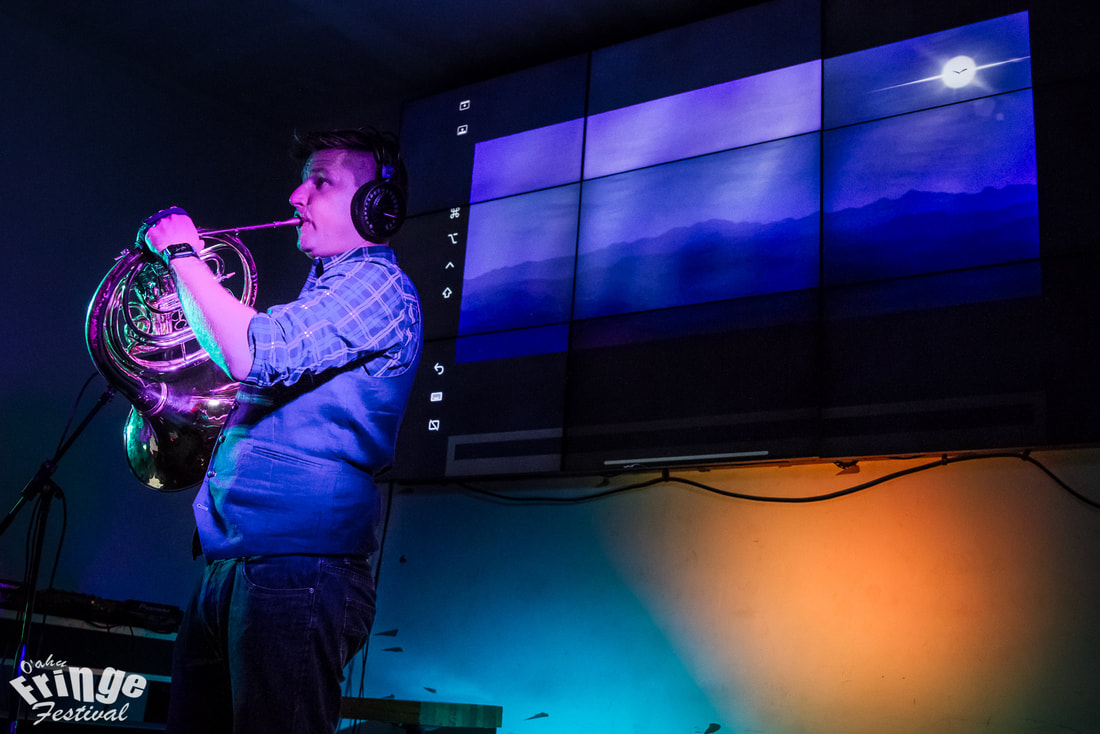
 RSS Feed
RSS Feed